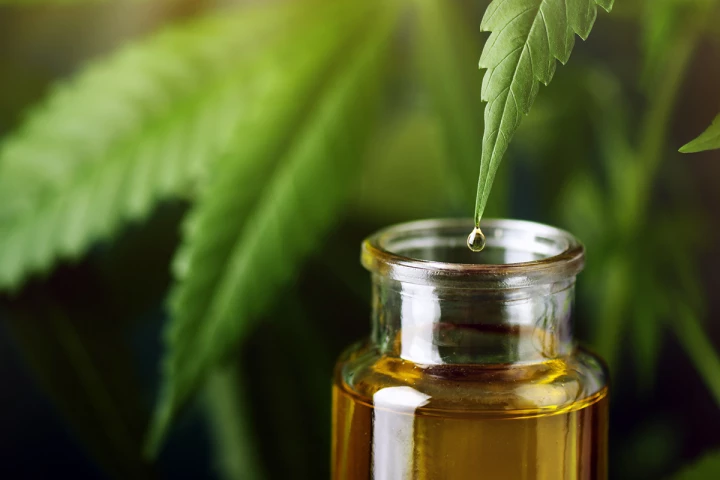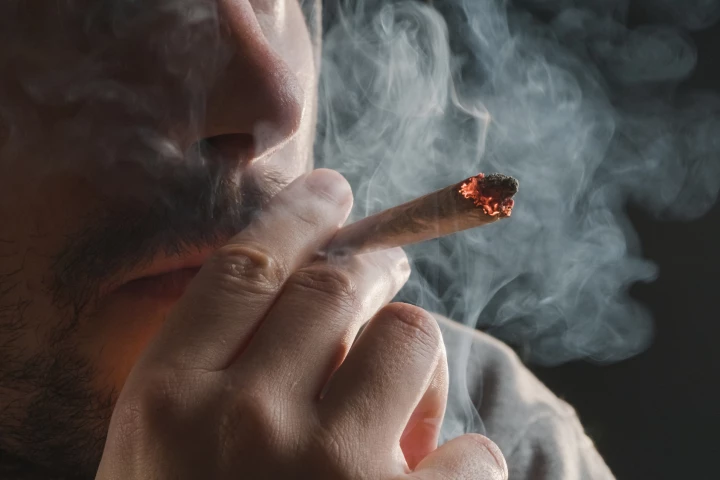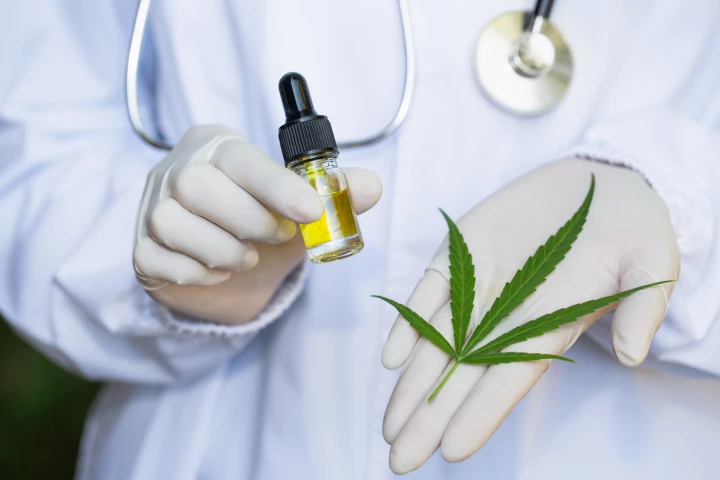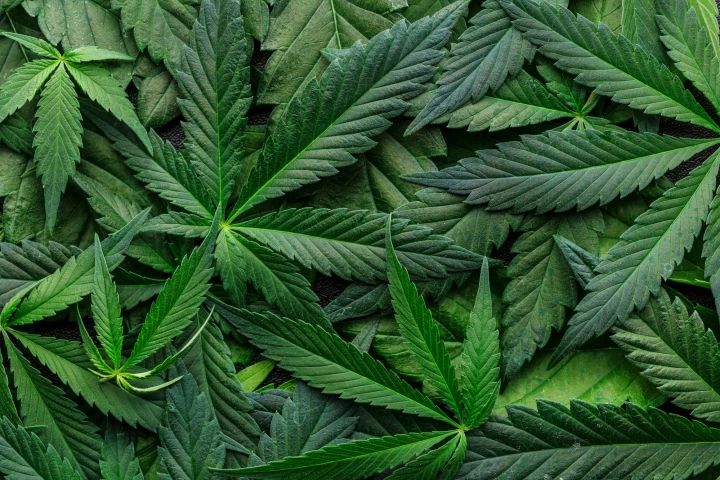Cannabis
-
Two bioactive ingredients in cannabis have antifungal properties when applied topically, according to a new study. The discovery comes as the World Health Organization calls for urgent new treatments for potentially deadly fungal infections.
-
A new study has found that smoking marijuana and ingesting THC edibles over the long term can reduce blood vessel function at levels similar to those seen in cigarette smokers, posing a risk to heart health.
-
Consuming cannabis can certainly be a way to deal with some health conditions like chronic pain or insomnia. But when a user goes too far and winds up in the hospital, the negative consequences can reach far into the future, says a new study.
-
The cannabis-derived compound cannabidiol is gaining traction as a treatment for a multiple conditions, but it's notoriously hard for the body to use. Now a breakthrough production method has removed a major roadblock to its bioavailability.
-
The largest study into the effects of cannabis on young adults' brains has found that the drug can reduce brain function during cognitive tests. The findings will help people make an informed decision about the pros and cons of using cannabis.
-
For the first time, there's scientific evidence that a smaller, lesser known component of cannabis – cannabinol – delivers better quality and longer sleep. It proved to be comparable to existing sleep aids, without the undesirable side effects.
-
A poll of Americans aged 50 and over on their use of cannabis has provided some interesting insights into how often they use the drug, how and why they use it, and the behaviors they engage in while under the influence.
-
While CBD or cannabidiol is now widely available, widely used and generally considered safe, new research has found its use during pregnancy may produce some strange behavior in offspring and changes to the way their brains process sensory information.
-
New research has found that daily users of crystal methamphetamine who turned to cannabis to manage their cravings used the stimulant drug less, especially female users. The findings suggest a new harm-reduction strategy is needed.
-
A study has found that a cannabis extract can inhibit the growth of melanoma cells and trigger cell death. The next step is pre-clinical trials to investigate whether the extract can be used to treat other types of cancers.
-
Researchers have uncovered a brain mechanism that causes 'the munchies' after cannabis use, paving the way for therapeutics to treat appetite disorders like anorexia and obesity and to improve the appetite of patients undergoing cancer treatment.
-
A new study has found that there was no association between using cannabis and non-medical opioid use in people receiving pharmacotherapy for opioid use disorder. The findings neither confirm that using cannabis leads to opioid use nor that it's effective in reducing it.
Load More











